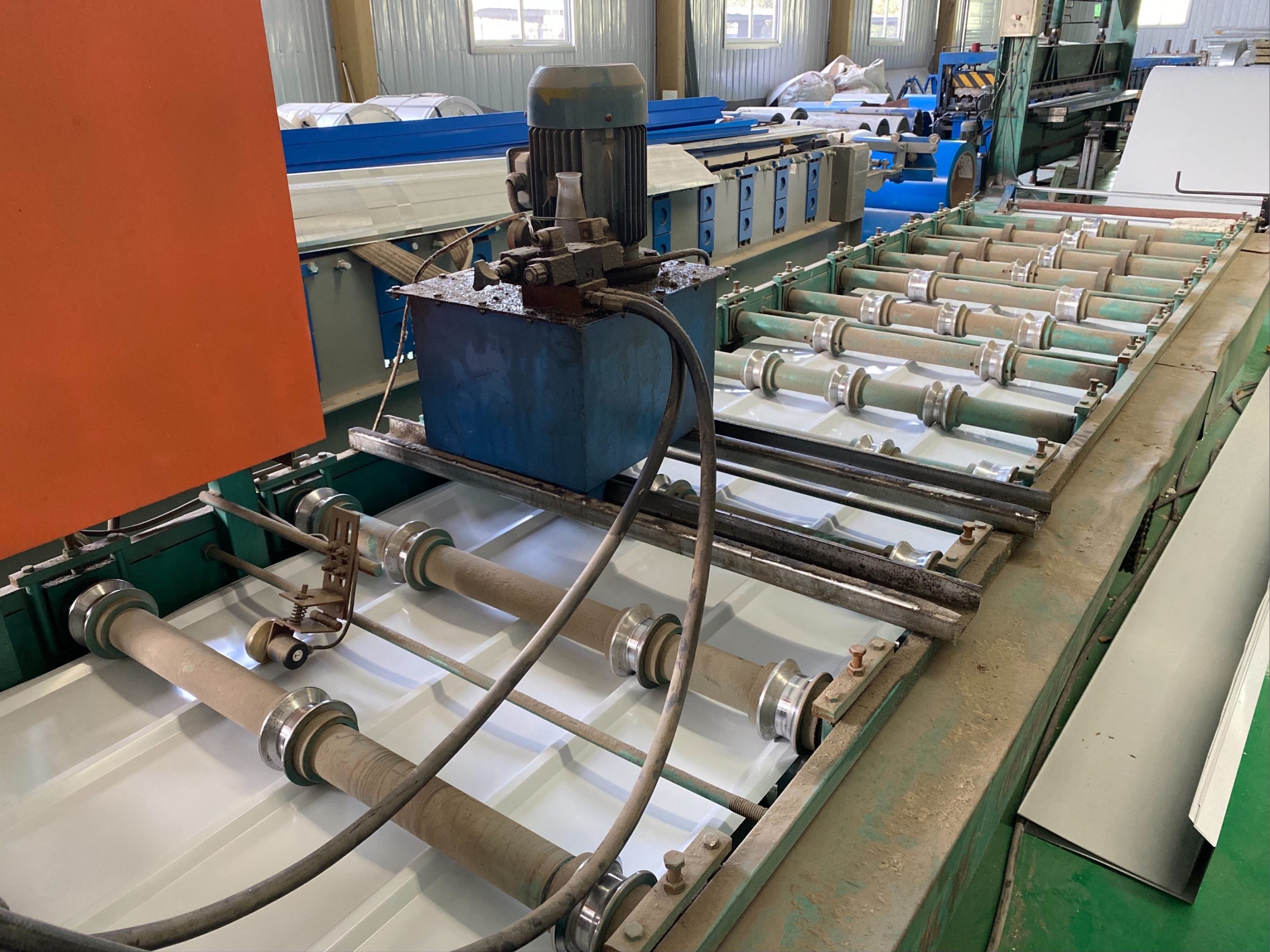Inhoudsopgave
Sustainable Practices in Steel Structure Manufacturing
The steel structure industry plays a crucial role in the construction sector, providing the framework for buildings, bridges, and other infrastructure projects. However, the production of steel can have significant environmental impacts, including high energy consumption and greenhouse gas emissions. As a result, there is a growing emphasis on the social responsibility and environmental protection practices of steel structure manufacturers.
One of the key ways in which the steel structure industry can demonstrate its commitment to sustainability is through the use of recycled materials. By incorporating recycled steel into their products, manufacturers can reduce the demand for virgin materials and minimize the environmental impact of their operations. This not only helps to conserve natural resources but also reduces the carbon footprint of the steel structure industry.
In addition to using recycled materials, steel structure manufacturers can also adopt energy-efficient production processes. By investing in modern equipment and technologies, companies can reduce their energy consumption and lower their greenhouse gas emissions. This not only benefits the Environment but also helps to improve the overall efficiency and competitiveness of the industry.
Furthermore, the steel structure industry can take steps to minimize waste and promote Recycling throughout the production process. By implementing waste reduction strategies and recycling programs, manufacturers can reduce the amount of material that ends up in landfills and contribute to a more sustainable supply chain. This not only benefits the environment but also helps to create a more circular economy within the industry.
Another important aspect of social responsibility and environmental protection in the steel structure industry is ensuring the health and Safety of workers. By providing a safe and healthy work environment, companies can protect their employees from occupational hazards and promote their overall well-being. This not only benefits the workers themselves but also helps to build trust and credibility with customers and stakeholders.
Moreover, the steel structure industry can also play a role in supporting local communities and promoting social development. By engaging with local stakeholders and investing in community projects, manufacturers can contribute to the economic growth and social welfare of the areas in which they operate. This not only helps to build positive relationships with the community but also enhances the reputation and sustainability of the industry as a whole.
In conclusion, social responsibility and environmental protection are essential aspects of the steel structure industry’s commitment to sustainability. By using recycled materials, adopting energy-efficient production processes, minimizing waste, promoting worker health and safety, and supporting local communities, manufacturers can demonstrate their dedication to responsible business practices. Through these efforts, the steel structure industry can help to build a more sustainable future for the construction sector and contribute to a healthier planet for future generations.
Impact of Steel Structure Industry on Climate Change
The steel structure industry plays a significant role in the global economy, providing the framework for buildings, bridges, and other infrastructure projects. However, the production of steel also has a substantial impact on the environment, contributing to climate change through the emission of greenhouse gases. As a result, there is a growing recognition of the need for the steel industry to adopt more sustainable practices and take responsibility for its environmental impact.
One of the key ways in which the steel structure industry can reduce its environmental footprint is by improving energy efficiency in the production process. Steel production is energy-intensive, with the majority of energy consumption coming from the use of fossil fuels in the form of Coal and Natural Gas. By investing in more efficient technologies and processes, steel manufacturers can reduce their energy consumption and lower their greenhouse gas emissions.
Another important aspect of environmental protection in the steel structure industry is the responsible management of waste and byproducts. Steel production generates a significant amount of waste, including Slag, dust, and other materials that can have negative environmental impacts if not properly managed. By implementing recycling and waste management programs, steel manufacturers can reduce the amount of waste sent to landfills and minimize their environmental impact.

In addition to improving energy efficiency and waste management, the steel structure industry can also reduce its environmental impact by investing in Renewable Energy sources. Many steel manufacturers are now incorporating renewable energy technologies, such as solar and wind power, into their operations to reduce their reliance on fossil fuels and lower their carbon footprint. By transitioning to renewable energy sources, the steel industry can significantly reduce its greenhouse gas emissions and contribute to a more sustainable future.
Furthermore, social responsibility is also a crucial aspect of environmental protection in the steel structure industry. Steel manufacturers have a responsibility to their employees, communities, and the broader society to operate in a safe and ethical manner. This includes providing a safe working environment for employees, supporting local communities through job creation and economic development, and engaging in transparent and ethical business practices.
By prioritizing social responsibility, steel manufacturers can build trust with stakeholders and demonstrate their commitment to sustainability and environmental protection. This can help to enhance their reputation, attract customers and investors, and create long-term value for their business.
In conclusion, the steel structure industry has a significant impact on climate change and the environment, but there are opportunities for improvement through the adoption of more sustainable practices. By improving energy efficiency, managing waste responsibly, investing in renewable energy sources, and prioritizing social responsibility, steel manufacturers can reduce their environmental footprint and contribute to a more sustainable future. It is essential for the steel industry to take responsibility for its environmental impact and work towards a more sustainable and environmentally friendly future.
